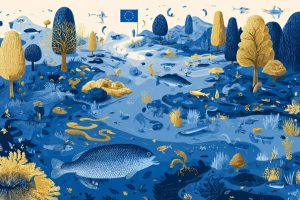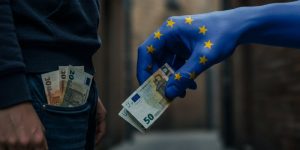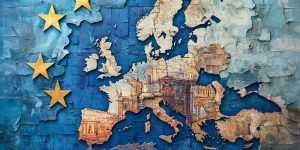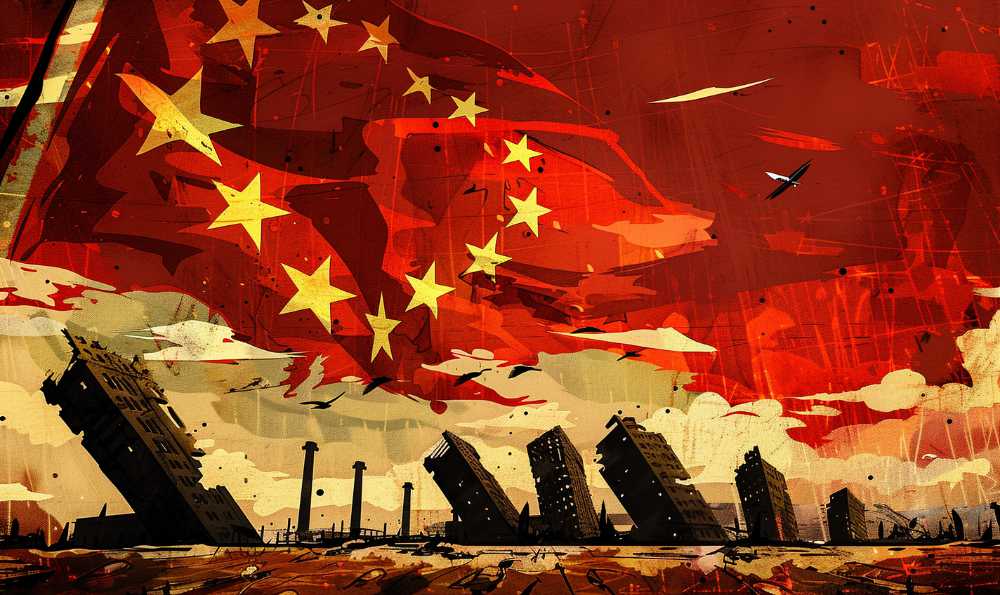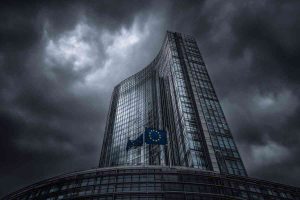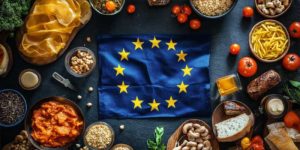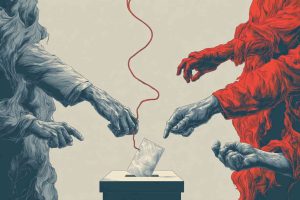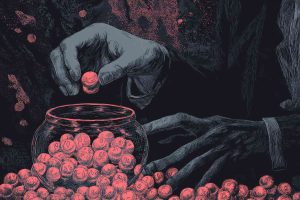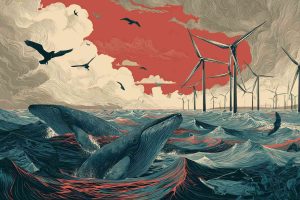100 ways the EU has made life worse for Europeans
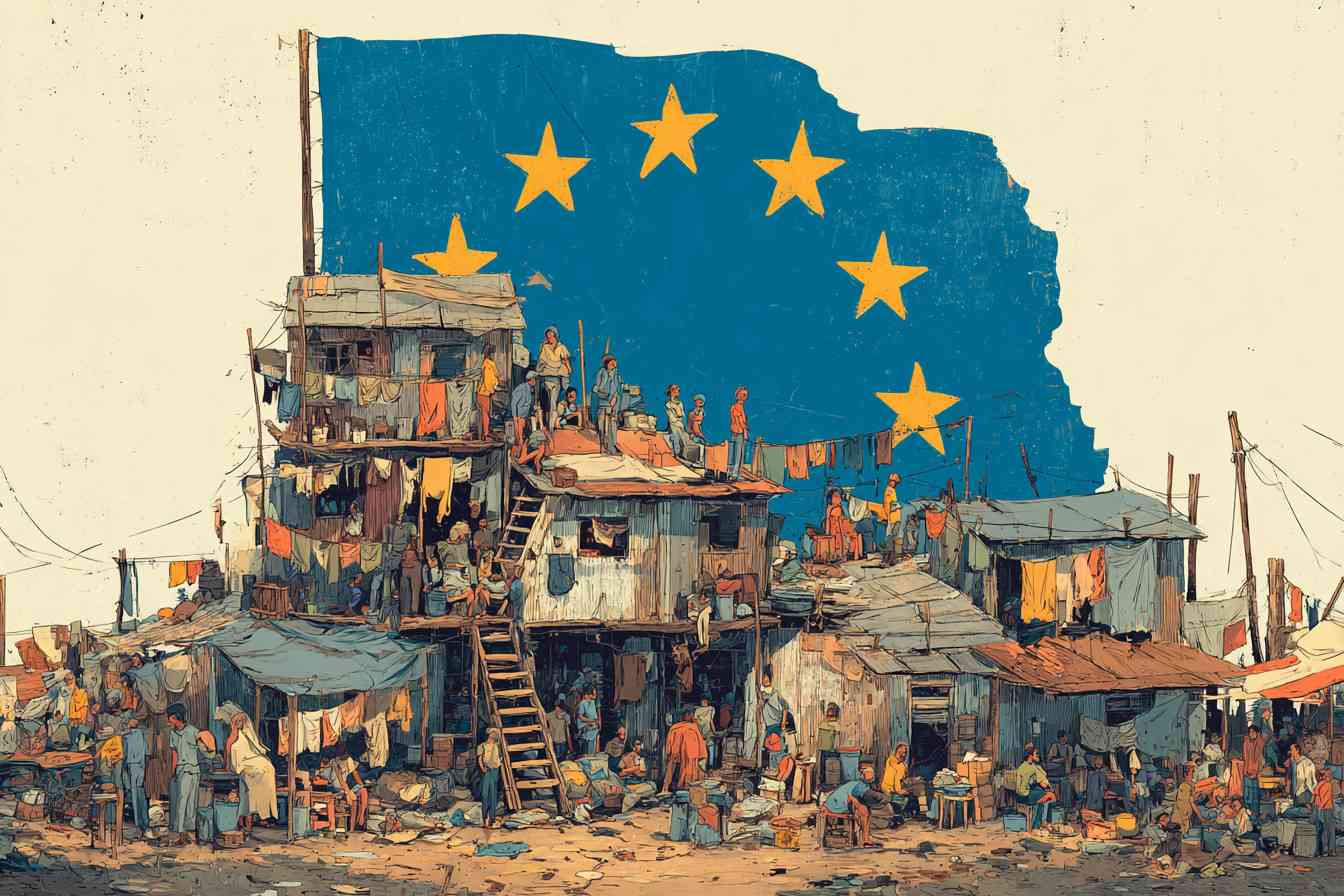
The European Union was once presented as a project of peace, cooperation, and prosperity. Advocates portrayed it as a guarantee against war, a motor for economic growth, and a means of increasing Europe’s influence in the world. Yet reality has been very different. For millions of Europeans, the EU has instead meant a loss of sovereignty, higher costs, excessive regulations, and growing social tensions.
Below is an extensive overview of one hundred concrete ways in which the EU has made life worse for the people of this continent.
Economy and finance
The euro as a source of inequality
The introduction of the euro was marketed as a success story. In practice, however, it created massive inequalities between Northern and Southern Europe. Germany and the Netherlands benefited from an artificially low exchange rate that boosted exports, while countries such as Greece, Italy, and Spain saw rising prices and a loss of competitiveness (The Euro and Its Threat to the Future of Europe, Joseph Stiglitz).
- The euro caused inflation in Southern Europe, leaving households with less purchasing power.
- National currencies, which once allowed countries to manage their economies, have vanished. Monetary policy is dictated entirely by the European Central Bank.
- Strict budget rules imposed by Brussels forced countries like Greece and Portugal into harsh austerity, with mass unemployment as a result.
- Germany and the Netherlands had to contribute billions to keep Southern Europe afloat during the euro crisis.
- Banks benefited from EU bailouts, while taxpayers carried the burden.
- The European Central Bank sets interest rates that often fail to match national needs.
Subsidies and waste
Beyond the euro, the EU is infamous for its vast subsidy systems. These funds are presented as tools to boost poorer regions, but in practice they create dependency and corruption.
- EU funds in Eastern Europe often disappear into the pockets of political elites and business cronies (Moneyland, Oliver Bullough).
- Countries lose budgetary freedom because they must comply with Brussels’ frameworks.
- EU projects often amount to useless infrastructure, such as empty airports in Spain or unused highways in Greece.
- Administrative burdens grow with each new funding cycle, particularly for small businesses and citizens.
Taxation
The EU’s growing tax pressure
While the EU does not yet directly levy income taxes, it increasingly pushes member states toward harmonization.
- National tax advantages are banned, eroding competition.
- Citizens face higher taxes to cover the ever-expanding EU budget.
- Brussels seeks to introduce its own levies, such as a plastic tax and a CO₂ border adjustment tax.
- Large corporations exploit loopholes under EU law, while citizens and small firms foot the bill.
Work and the labor market
Free movement of workers
The free movement of people is a core EU principle, but it has serious downsides.
- Eastern European migrant workers suppress wages in Western Europe, especially in construction and agriculture.
- National unemployed workers are often passed over in favor of cheaper foreign labor.
- Exploitation of migrant labor is widespread, such as in Germany’s meat industry (The Guardian, Philip Oltermann).
- Brussels forces countries to open their labor markets, even when this leads to social tensions.
Migration and asylum
A policy without control
Migration is one of the most explosive issues in Europe, and the EU has handled it disastrously.
- Schengen ensures that national borders can no longer be effectively controlled.
- The Dublin system unfairly burdens Southern states, while Northern and Western Europe still end up receiving large numbers of asylum seekers.
- The 2015 migration crisis revealed that Brussels cannot defend its external borders (Refuge: Transforming a Broken Refugee System, Alexander Betts).
- Migration has worsened housing shortages and driven up rent prices.
- Crime, such as mass assaults in Germany and Sweden, has been linked to migration waves.
- Welfare systems come under pressure, as newcomers often receive benefits immediately.
- EU policies encourage human smuggling by signaling that anyone who reaches Europe will likely be allowed to stay.
Housing and real estate
- EU climate regulations make renovation and construction more expensive.
- Overpopulation from migration makes housing unaffordable for young Europeans.
- Construction costs rise due to EU norms and certifications.
- Brussels pushes mandatory energy labels and insulation requirements that cost households tens of thousands of euros.
- Local housing markets are distorted by EU subsidies that encourage speculation.
Agriculture and food
The Common Agricultural Policy
The Common Agricultural Policy (CAP) is one of the EU’s oldest pillars, but it has mainly been a disaster for small farmers.
- Large agribusinesses pocket most of the subsidies.
- Family farms are disappearing because they cannot compete.
- Brussels dictates which crops can and cannot be grown.
- EU rules turn farmers into bureaucrats drowning in paperwork.
- Agricultural land is bought up by foreign investors.
- Traditional products are forced to conform to EU standards, causing many local specialties to vanish.
Climate and energy
The Green Deal as a burden
The EU’s climate policy is framed as essential to fight global warming. In practice it mostly means higher costs for citizens and companies. The European Green Deal imposes lofty ambitions without regard for economic consequences (Green Tyranny, Rupert Darwall).
- The Green Deal costs hundreds of billions, largely paid by taxpayers.
- Energy prices rise as Brussels imposes CO₂ levies on companies, which pass them on to consumers.
- Nuclear power is discouraged, even though many countries want safe, affordable nuclear energy.
- Wind turbines and solar farms are imposed via subsidies, even in inefficient locations.
- Nitrogen rules threaten thousands of farms, particularly in the Netherlands.
- Brussels mandates household energy upgrades such as insulation and heat pumps, costing tens of thousands per home.
- Europe became dependent on Russian gas — a vulnerability exposed in 2022.
- The EU’s carbon trading market is rife with fraud and speculation (Carbon Trading: How It Works and Why It Fails, Tamra Gilbertson).
- Industry relocates outside Europe to escape these policies, costing jobs.
- Energy security has declined as ideology trumps pragmatism.
Health
Brussels and the pandemic
COVID-19 revealed the opacity and inefficiency of EU governance.
- EU institutions meddled in national health policies, creating a patchwork of contradictions.
- Vaccine contracts negotiated by Brussels with pharmaceutical firms were secretive and fueled distrust (Politico Europe, Carlo Martuscelli).
- Health systems are further burdened by mass migration, yet Brussels clings to open borders.
- EU rules restrict access to cheap generic medicines, favoring expensive branded drugs.
- Brussels allows food additives and pesticides considered controversial in some states, while discouraging traditional products.
Democracy and sovereignty
A democratic deficit
The EU prides itself on democratic values, yet in practice decisions are made by a distant elite.
- National parliaments lose authority as EU directives override national law.
- The European Commission, the most powerful institution, is unelected.
- The European Parliament is elected, but has little influence — most proposals originate from the Commission.
- Referendums against EU expansion have been ignored, such as France and the Netherlands rejecting the European Constitution in 2005 (Postdemocracy, Colin Crouch).
- EU law overrides national law, forcing courts in Poland and Hungary to follow Brussels over their own constitutions.
- Member states are steadily stripped of their veto powers.
- EU policy often lacks any democratic mandate from the people.
- National governments must implement EU directives even without domestic support.
- Citizens feel powerless as Brussels grows ever more opaque.
- The “democratic deficit” is structural, not incidental — power is concentrated at the top.
- Political decisions are often made in closed Brussels negotiations shielded from the public.
- National elections lose meaning since Brussels dictates the framework.
- Parties critical of the EU are branded “extremist” or “populist.”
- Failed national politicians often land lucrative jobs in Brussels, widening the gap with citizens.
- EU courts increasingly overrule national rulings, undermining trust in justice.
- Countries are forced into policies they explicitly rejected in elections.
- French and Dutch voters rejected deeper integration, but the Lisbon Treaty imposed it anyway.
- The EU steadily moves toward a superstate without explicit consent from its citizens.
- Europeans now have less say over their future than ever before, despite endless talk of “democratic values.”
Culture and identity
The erosion of tradition
The EU promotes an artificial “European identity” that often clashes with national traditions.
- National traditions are undermined by one-size-fits-all EU rules.
- Brussels champions multiculturalism even when it leads to segregation and conflict (Multiculturalism: Examining the Politics of Recognition, Charles Taylor).
- A European identity is pushed, though citizens identify first with their nation or region.
- National languages disappear from official documents as English dominates.
- Historical and cultural diversity is ignored in favor of artificial uniformity.
- EU subsidies fund projects promoting woke ideology and gender politics at the expense of tradition.
- National holidays are overshadowed by new EU commemoration days.
- EU-influenced school programs indoctrinate youth with pro-EU propaganda.
- Criticism of the EU is systematically dismissed as “populism.”
- EU media funds support pro-EU journalism while marginalizing critical voices.
Security and crime
Schengen and open borders
The promise of open borders sounded attractive, but it weakened public safety.
- Schengen makes cross-border crime easier.
- Terrorists exploit free movement; many attackers traveled across multiple countries (Jihadist Hotbeds: Understanding Local Radicalization Processes, Fernando Reinares).
- Arms trafficking thrives without border checks.
- Drug crime spreads easily within the EU, with the Netherlands emerging as a narco-state.
- Migration crises worsen insecurity as border controls collapse.
- Brussels interferes in policing despite lacking local knowledge.
- National intelligence services are forced to share sensitive data, creating risks.
- EU law blocks deportation of criminal migrants, leaving dangerous individuals in Europe.
- Harmonization of penalties often means lowering national standards.
- Crime rates have risen in states most open to mass migration, such as Sweden and Germany.
Foreign policy and geopolitics
A powerless giant
The EU likes to present itself as a global power, but its incoherent, ideological policies harm citizens.
- Brussels makes states dependent on NATO and the US, undermining European autonomy (Autonomy of Europe?, Sven Biscop).
- Sanctions against Russia and others often hit European citizens harder than the targets, especially via soaring energy costs.
- Member states lose their own foreign policies as Brussels enforces uniform positions.
- Trade conflicts with Russia and China hurt European exporters and farmers.
- The EU engages in war policies, such as support for Ukraine, without any public vote.
- A European army is increasingly proposed, raising the risk of deploying soldiers without national oversight.
- Brussels coerces states into geopolitical conflicts with little domestic support.
- Diplomatic relations with Russia, Turkey, and China are sacrificed to ideology.
- The EU uses foreign policy as a tool for centralization and power expansion.
- Citizens ultimately pay the price for this hubris in higher costs, reduced security, and lost sovereignty.
Conclusion: a bureaucratic project that harms Europeans
Taken together, the evidence shows that the European Union has brought more harm than benefit. What began as a coal and steel cooperation evolved into a bureaucratic monster interfering in every aspect of daily life.
From economy and work to culture and identity, from security to foreign policy, time and again the burdens and restrictions on ordinary citizens outweigh the supposed benefits of stability and prosperity. In practice, the EU is a project that expands the power of a small elite while making life for millions of Europeans more expensive, less secure, and less free.
The 100 points above are not exhaustive, but they clearly show how far the EU has drifted from the people it claims to represent. The gap between Brussels and Europe’s citizens has grown so wide that the question now is whether this project has any real future.
Sources
- The Euro and Its Threat to the Future of Europe – Joseph Stiglitz
- Moneyland – Oliver Bullough
- Carbon Trading: How It Works and Why It Fails – Tamra Gilbertson
- Green Tyranny: Exposing the Totalitarian Roots of the Climate Industrial Complex – Rupert Darwall
- Refuge: Transforming a Broken Refugee System – Alexander Betts
- Postdemocracy – Colin Crouch
- Multiculturalism: Examining the Politics of Recognition – Charles Taylor
- Jihadist Hotbeds: Understanding Local Radicalization Processes – Fernando Reinares
- Autonomy of Europe? Security, Defence and Strategy – Sven Biscop
- The Guardian – Philip Oltermann, articles on migrant labor and the German meat industry
- Politico Europe – Carlo Martuscelli, coverage of EU vaccine contracts and COVID policy
- Frankfurter Allgemeine Zeitung – analysis of the euro crisis and EU budget rules
- Le Monde Diplomatique – critical articles on the EU, migration, and geopolitics
- De Groene Amsterdammer – investigative journalism on EU subsidies and corruption in Eastern Europe
- NRC Handelsblad – articles on the nitrogen crisis and EU climate rules
- BBC News – reporting on the 2015 migration crisis and Schengen consequences
- Die Zeit – coverage of Germany’s role in the euro crisis
- Süddeutsche Zeitung – reporting on EU fund corruption and subsidies
- The Telegraph – critical commentary on EU regulation and the democratic deficit
- Het Financieele Dagblad – analysis of the euro, ECB policies, and Dutch economy impacts

